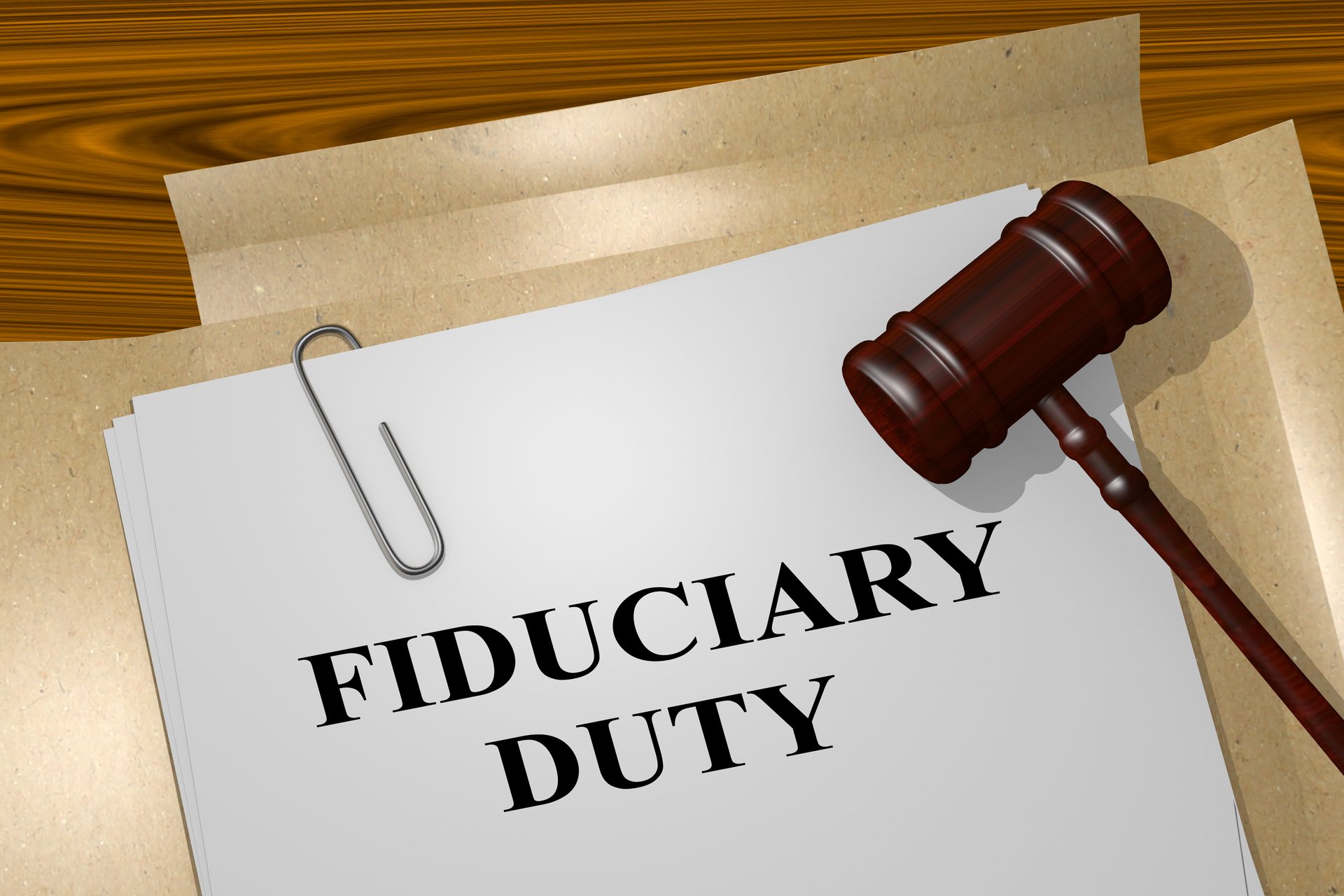
The “fiduciary duty rule” — a federal regulation planned under the Obama administration and also known as the “conflict of interest rule” — goes into effect Friday, June 9.
Many consumer advocates say the fiduciary rule is a momentous step in the right direction for workers hoping to retire comfortably. At the same time, it should not be construed as reason for consumers to stop doing their homework on financial advisers.
Here’s what every investor should know about the new rule:
What the fiduciary rule does
“Fiduciary” is basically just a fancy term for a person who is trusted to act in your best interest, like a guardian of sorts.
The rule relates to financial fiduciaries — specifically, the advisers trusted to invest retirement savings. The fiduciary duty rule lays out conduct standards — or “consumer protection standards,” as the Department of Labor has described them — that such advisers must follow.
As the Department of Labor broke them down in a recent “FAQs” document, the standards require financial advisers and institutions to:
- Give advice that is in the “best interest” of the retirement investor. This best interest standard has two chief components: prudence and loyalty …
- Charge no more than reasonable compensation; and
- Make no misleading statements about investment transactions, compensation, and conflicts of interest.
What the fiduciary rule means for you
The rule has a few hitches consumers should be aware of, including:
- The rule’s implementation includes a transition period. From June 9, 2017, to Jan. 1, 2018, the Department of Labor “will not pursue claims against fiduciaries who are working diligently and in good faith to comply.”
- The rule’s effect is limited. Generally, the rule applies to advice about investments in retirement accounts, such as individual retirement accounts (IRAs). So it’s possible that advisers still can sell other types of financial products that might not be in their clients’ best interest.
- The rule could change. In February, President Donald Trump ordered the Department of Labor to review the impending regulation, and that review is “ongoing,” according to the department’s FAQs. The department’s web page devoted to the rule also states, “The information contained on these pages may be subject to change … Please continue to check this website for updated information.”
As U.S. Department of Labor Secretary Alexander Acosta Wall Street Journal has written:
“America was founded on the belief that people should be trusted to govern themselves. … the Fiduciary Rule as written may not align with President Trump’s deregulatory goals. This administration presumes that Americans can be trusted to decide for themselves what is best for them.”
So at least for the time being, you should do your homework before consulting a financial adviser. These articles will get you started:
- “How to Choose the Perfect Financial Adviser“
- “Ask Stacy: Do I Need a Financial Adviser, or Can I Manage My Money Myself?“
- “Should You Trust Your Financial Adviser? Maybe Not“
What’s your take on the fiduciary rule? Sound off below or on Facebook.




Add a Comment
Our Policy: We welcome relevant and respectful comments in order to foster healthy and informative discussions. All other comments may be removed. Comments with links are automatically held for moderation.